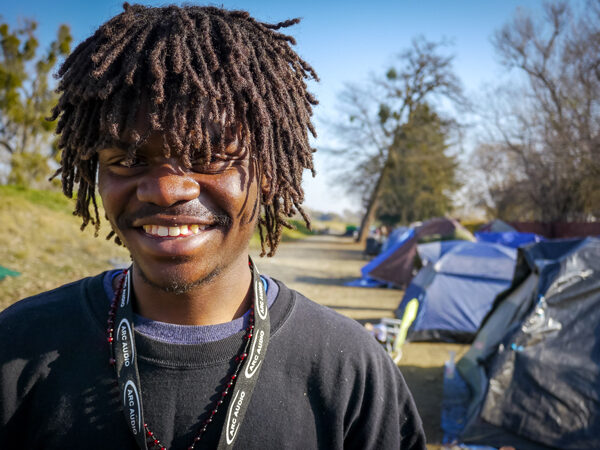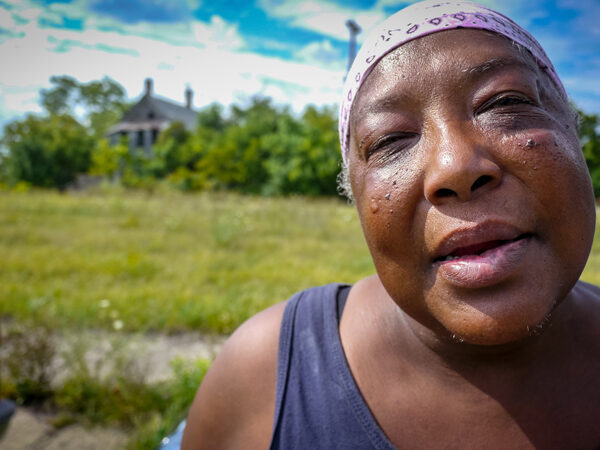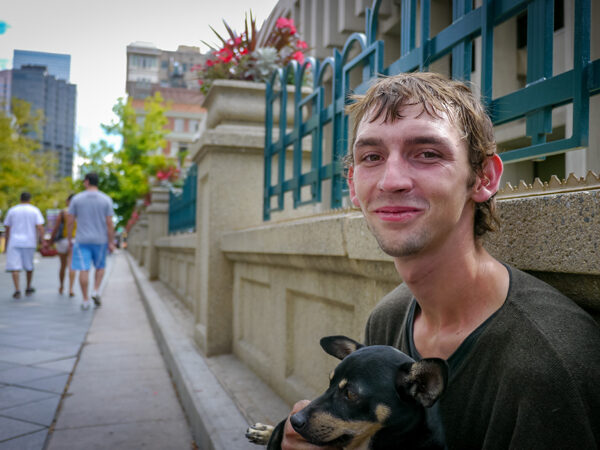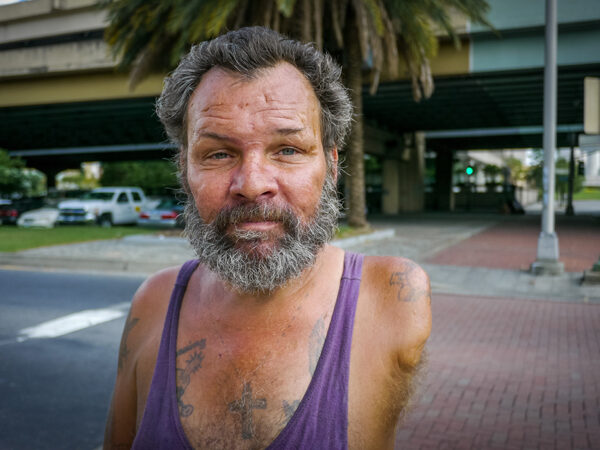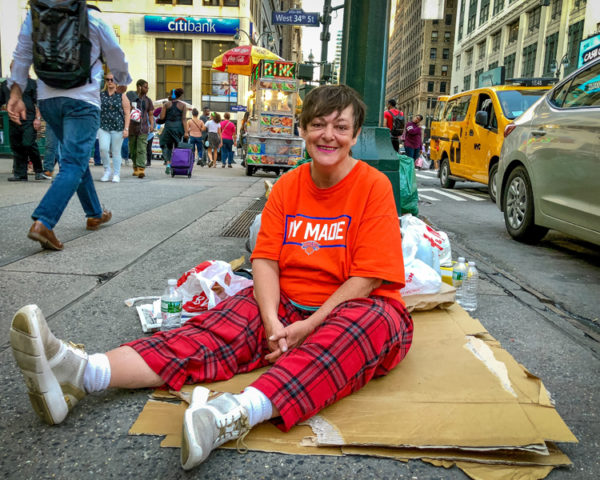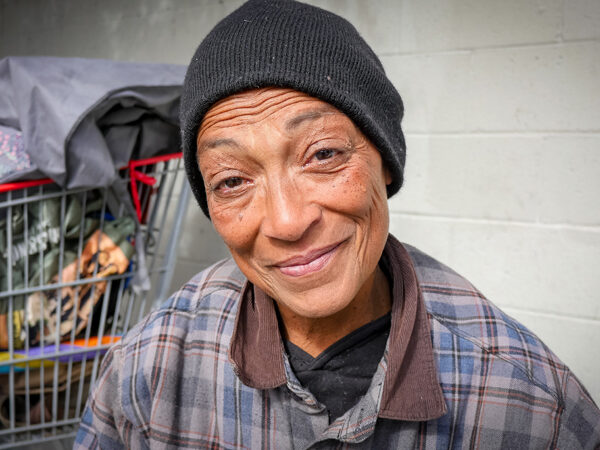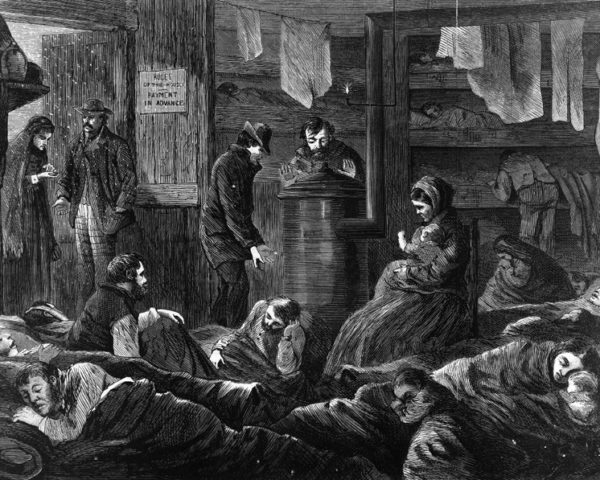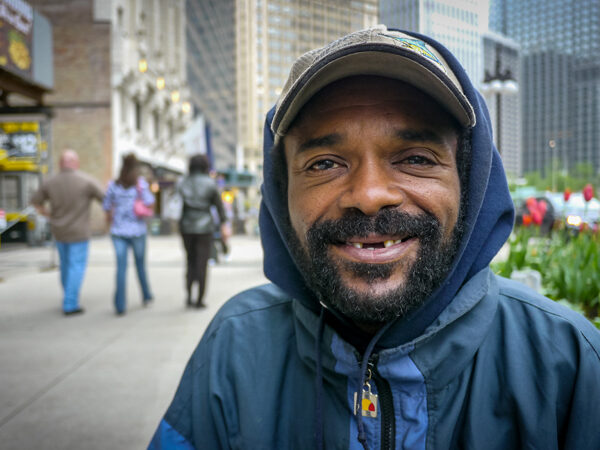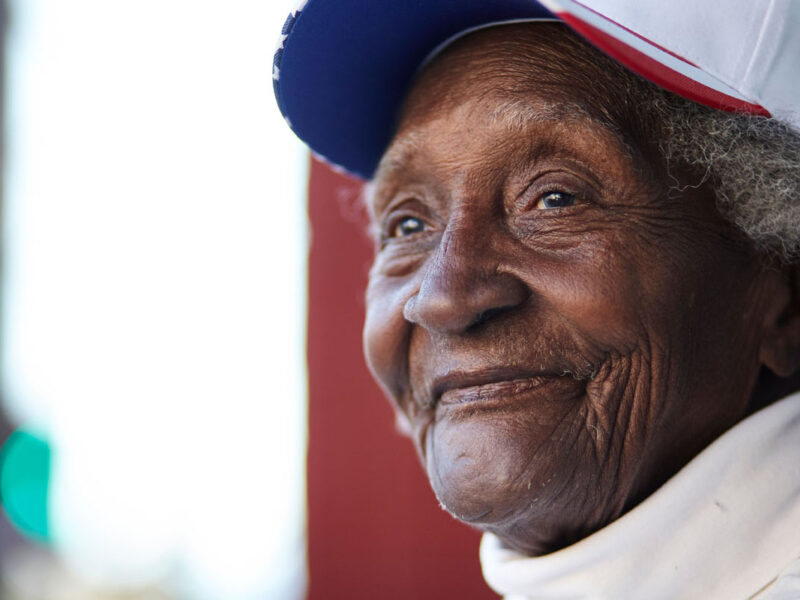
Homelessness
Why Are People Homeless in America?
Why are people homeless in America? At baseline, people become homeless when their wages and income are not enough to cover rent or a mortgage and other necessities like food, medicine, health care, transportation, and child care. And, there isn’t enough affordable housing in the U.S. However, it isn’t that simple. There are many circumstances that impact how people become homeless, who becomes homeless and for how long, and the challenges that must be overcome to gain and maintain stability.
People have been homeless throughout U.S. history for various reasons including economics, laws and public policy decisions, wars, natural disasters, societal trends, and public attitudes about who deserves support. More recently, the U.S. has been experiencing an affordable housing crisis due to the high cost of housing, lack of affordable housing, and wages that have not kept up with the cost of housing. During the Great Recession of 2007-2009, many people defaulted on their mortgages, and there was an increase in foreclosures, evictions, and unemployment, which led to homelessness.
The COVID-19 pandemic has contributed to increasing homelessness. People have lost their jobs due to illness and taking care of sick family members. They are unable to pay their rent or mortgage and are at risk of homeless. For more information on COVID-19 and homelessness, visit our resource page Coronavirus and Homelessness.
Homeless people in the U.S. include:
- Men and women
- Families with children
- Unaccompanied youth
- Seniors
- Veterans
- Black and Native Americans
In more recent times, the number of homeless people has increased despite federal and other efforts to end homelessness for specific groups of people. How long people are homeless depends on each individual’s or family’s circumstances, availability of housing and services to promote stability, and other economic and societal forces. Many people experience homelessness for a short time. Some experience homelessness throughout their lives.
When people become homeless, they are uprooted from their homes and lose many of their possessions as well as connections to friends, neighbors, and communities. While homeless, it is very challenging to cook or store food and do things that many of us take for granted like sleeping, taking a shower or brushing teeth, going to the bathroom, and washing clothes. It can also be hard to get to work and school and care for pets.
Homeless people stay in emergency shelters, domestic violence shelters, and motels. They also live temporarily with friends and family and in cars, tent encampments, parks, campgrounds, and woods as well as under bridges and on streets and sidewalks. While homeless and living with others or in public spaces, people are more likely to experience violence and other traumatic events. Criminalization has led to homeless people being fined or arrested for panhandling, sleeping in a park or car, or loitering.
The effects of homelessness are significant and can be long-lasting.
Homeless people experience great physical and mental stress which can result in health challenges and exacerbate pre-existing conditions and disabilities. Many homeless people have experienced domestic violence and other traumas. Homelessness also leads to increased feelings of uncertainty, vulnerability, and isolation.
Many homeless people lack access to:
- medicine
- regular physical or mental health care treatment
- education and job training opportunities
All of these challenges make it difficult to earn a living wage and re-gain stability.
Despite all this, it is possible to end homelessness. There are proven program and policy solutions that support people in re-building their lives. What we need is the political and public will to implement these solutions on a scale that would effectively end homelessness for good.









